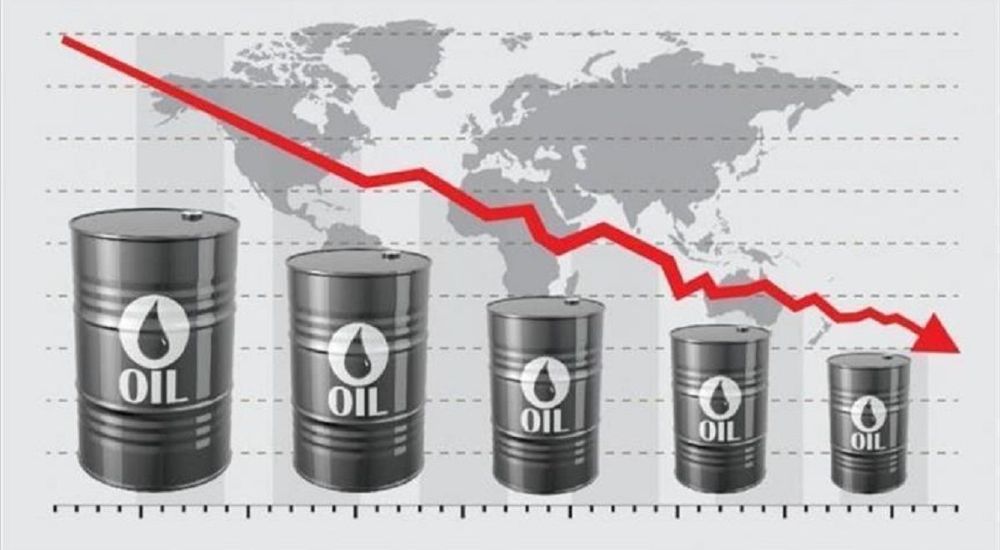Analysts Cut Nigeria’s Growth Forecast Amid Global Oil Price Decline

Analysts at BMI, a Fitch Solutions company, have revised Nigeria’s 2025 economic growth forecast downward from 4.0 per cent to 3.8 per cent, citing falling global oil prices and increased exposure to the ripple effects of international tariffs.
As an economy heavily reliant on oil exports, Nigeria faces significant impacts, particularly through reduced export revenues and diminished government earnings.
The analysts, in their Sub-Saharan Africa Monthly Outlook April 2025, tagged ‘Assessing The Impact Of US Tariffs On Sub-Saharan Africa’, noted that despite this revision, some positive developments are expected to support a modest acceleration in growth.
Notably, the full operationalisation of the Dangote refinery is anticipated to substantially reduce Nigeria’s dependence on foreign fuel imports, providing a cushion against external shocks.
The analysts stated that although exports may soften amid weaker global demand and lower crude shipments, the expected decline in imports should help stabilise Nigeria’s current account balance and offset some of the external pressures.
More broadly, they said Sub-Saharan Africa (SSA) remains relatively insulated from direct impacts of U.S. tariffs due to the region’s limited trade exposure to the United States.
However, the level of exposure varies across countries. Smaller markets such as Lesotho and Madagascar are more vulnerable, and indirect effects, particularly through commodity price fluctuations, pose a significant threat across the region.
According to them, tariff-related uncertainty has already pushed SSA Eurobond yields higher, increasing the cost of borrowing and straining fiscal balances that are already under considerable pressure.
“For oil-exporting countries in particular, the sharp decline in Brent crude prices has put their external accounts at risk. With dollar inflows heavily tied to oil sales, these economies remain extremely vulnerable to price shocks.
“In contrast, rising global prices for gold and key cash crops are providing some relief to East African markets. Countries with more diversified commodity bases may benefit from these developments, although gains are unevenly distributed,” they said.
They noted that political risks across SSA are also expected to intensify as economic conditions worsen. Public dissatisfaction could rise amid slowing growth and shrinking fiscal space, potentially fuelling anti-government sentiment and exacerbating existing conflicts.
For instance, they said in the Eastern Democratic Republic of Congo (DRC), the spike in gold prices could embolden armed groups to push deeper into mineral-rich territories. Elevated gold revenues may enable these groups to sustain and expand their operations, further destabilising the region.
Overall, the interplay between global trade tensions, commodity prices, and local political dynamics is likely to shape the economic and security outlook for SSA in the months ahead, with oil exporters such as Nigeria facing the greatest risks.
Analysts Cut Nigeria’s Growth Forecast Amid Global Oil Price Decline is first published on The Whistler Newspaper




